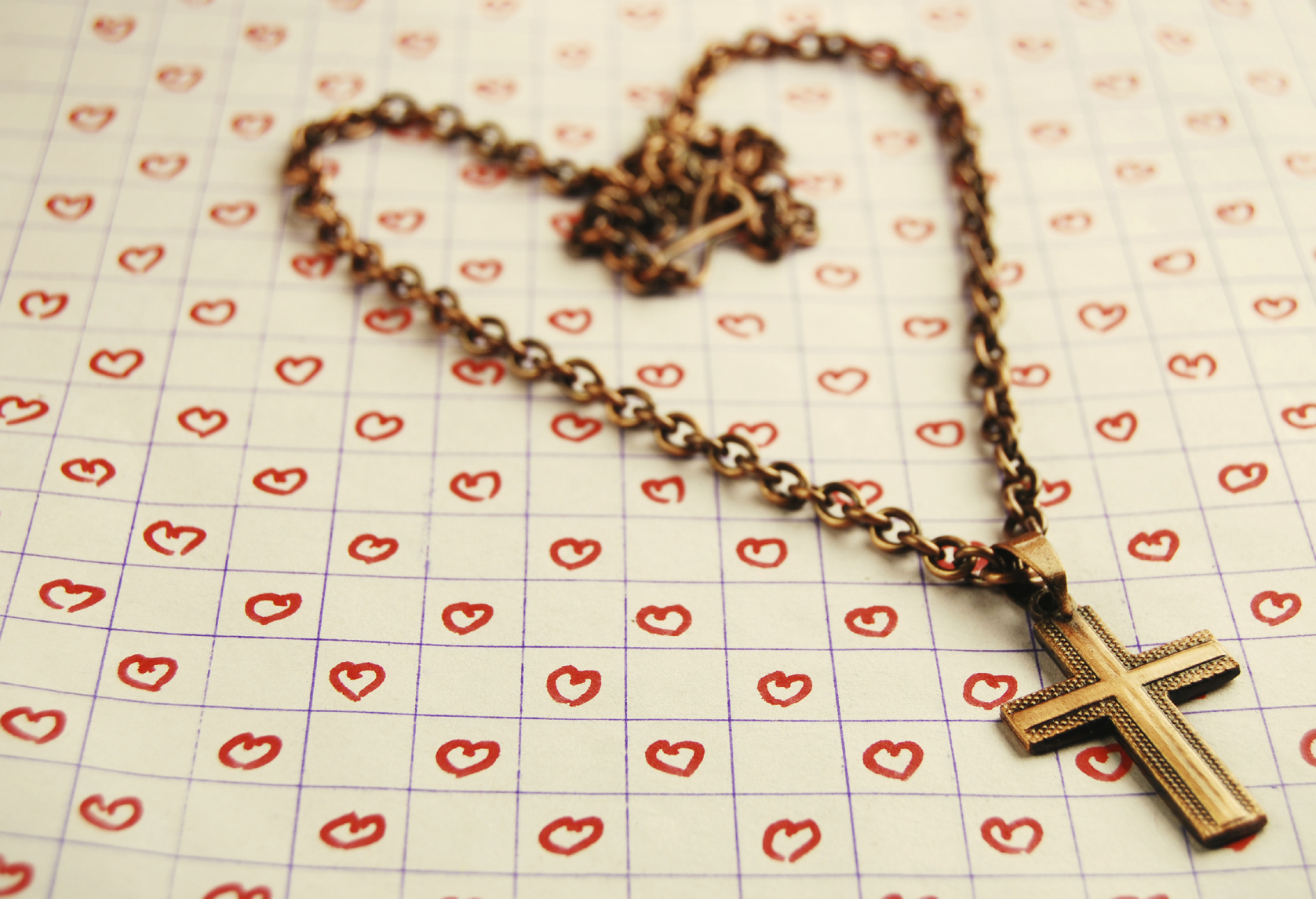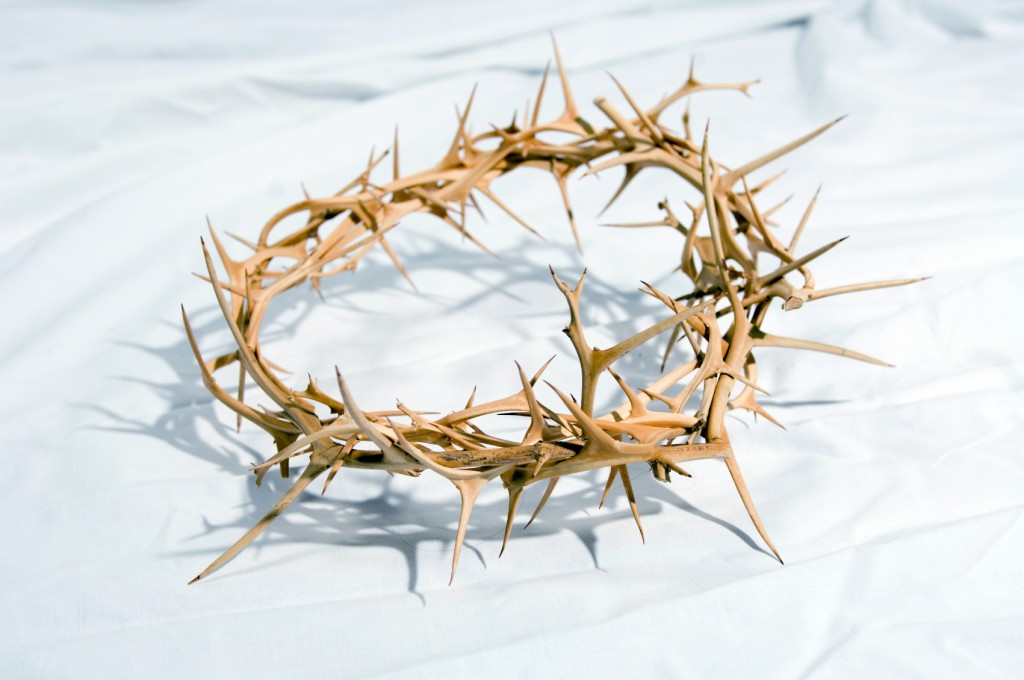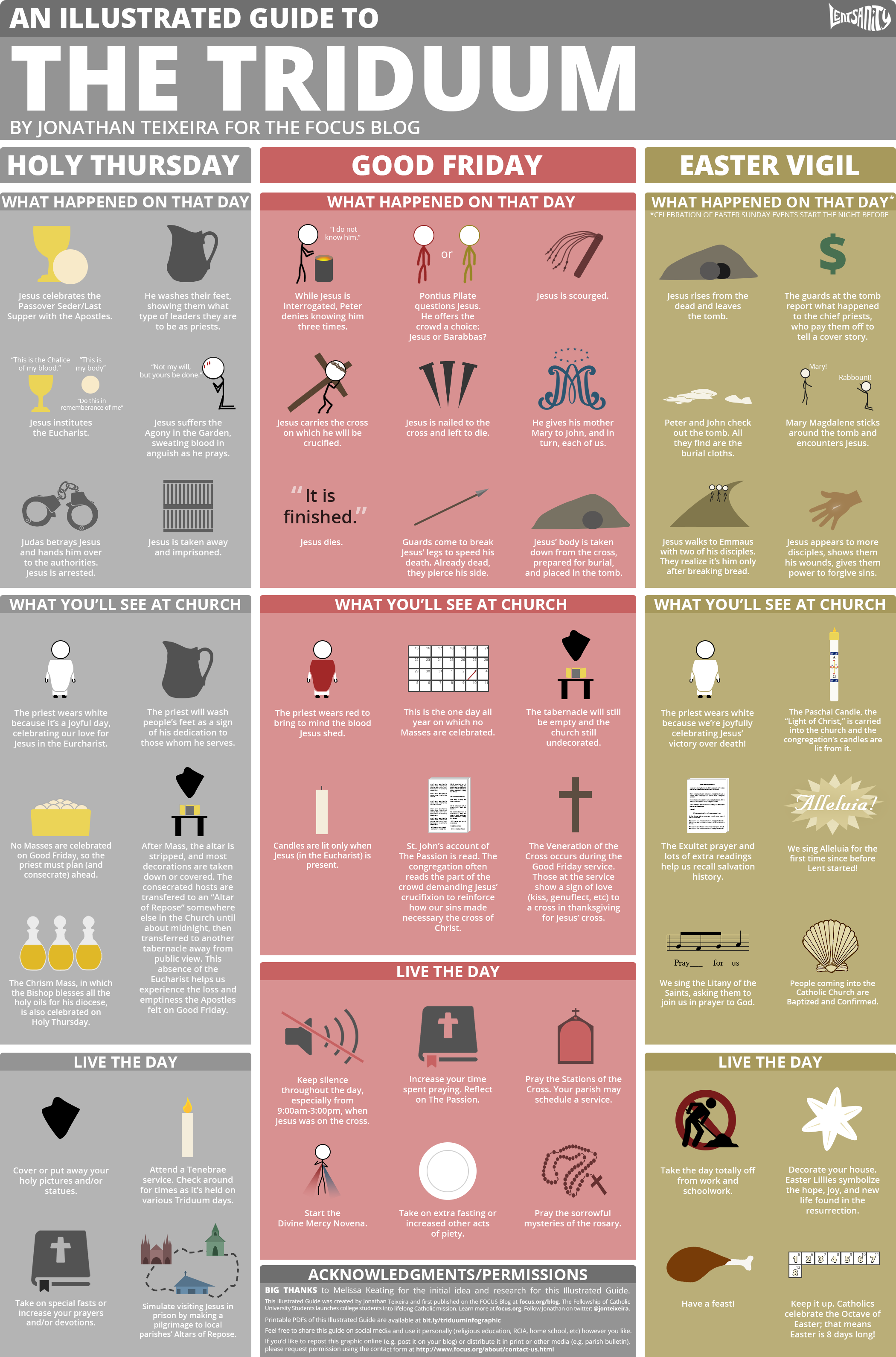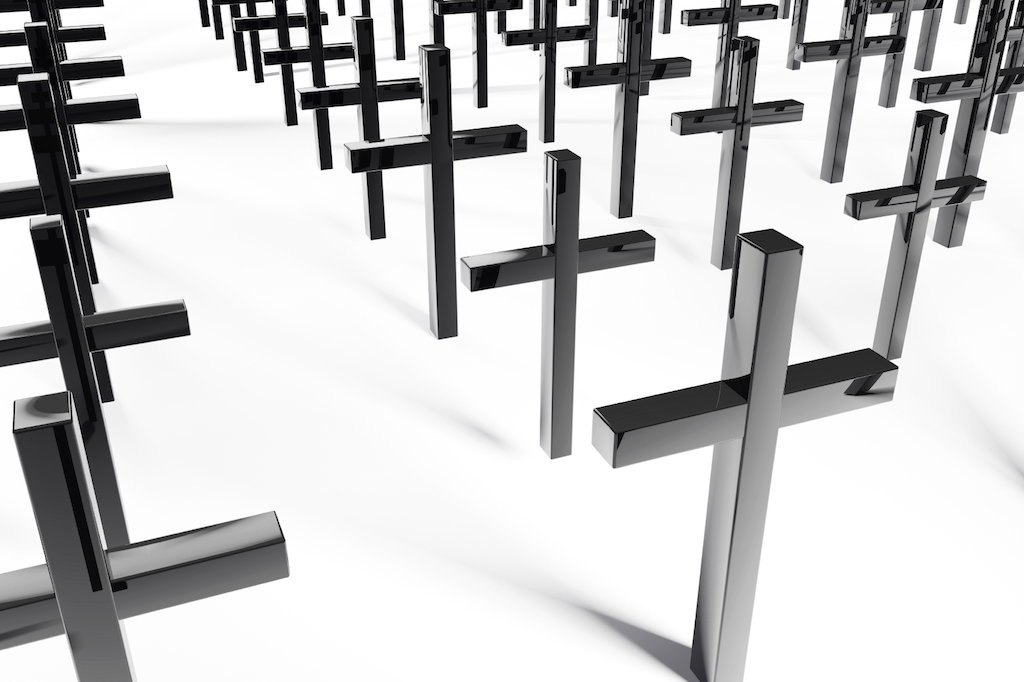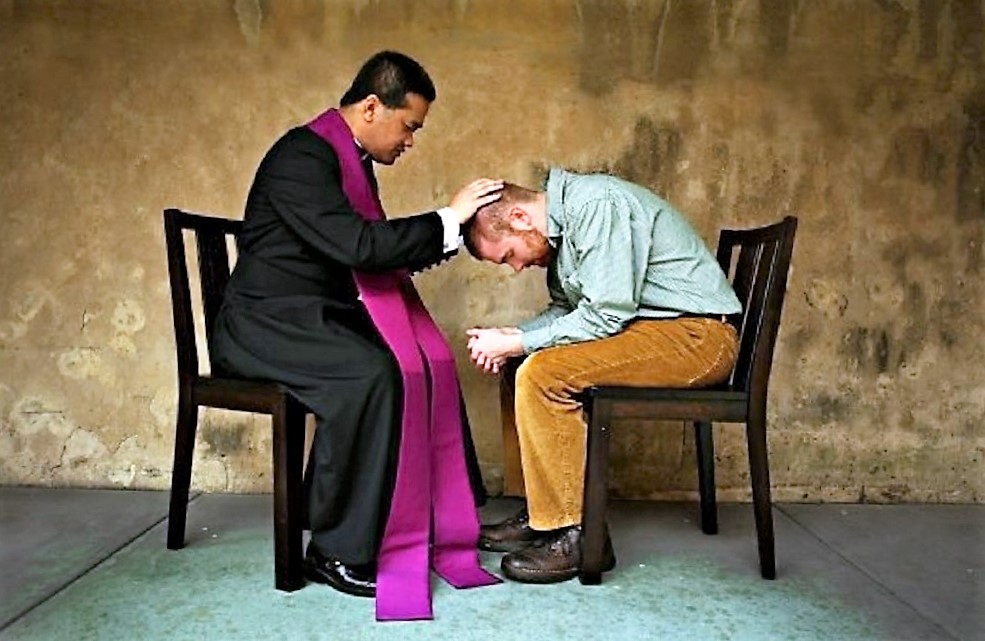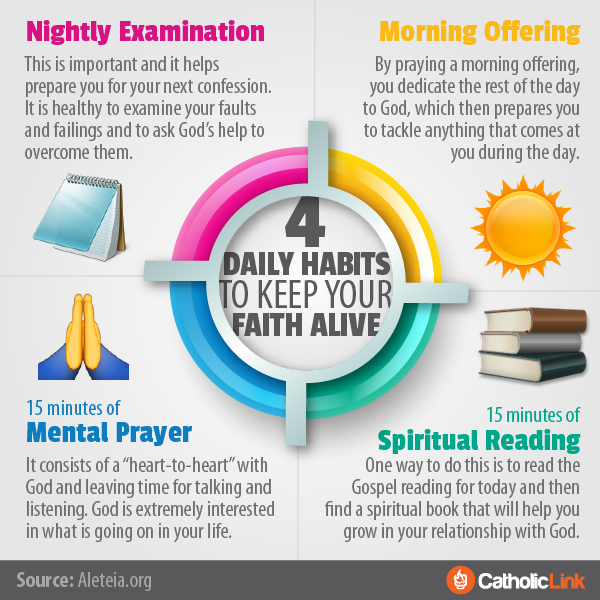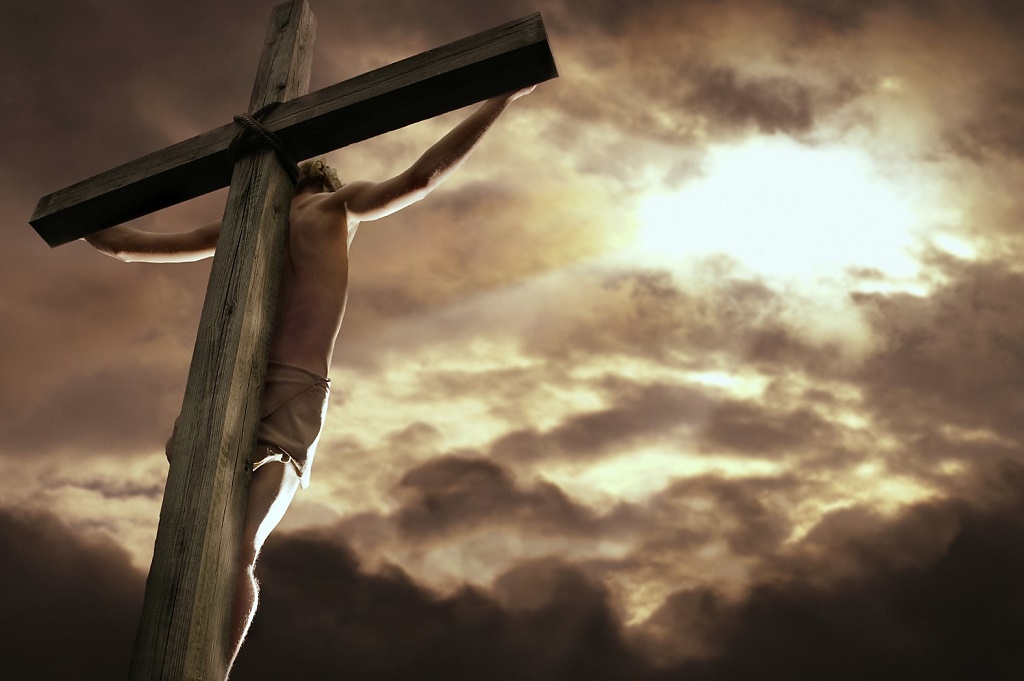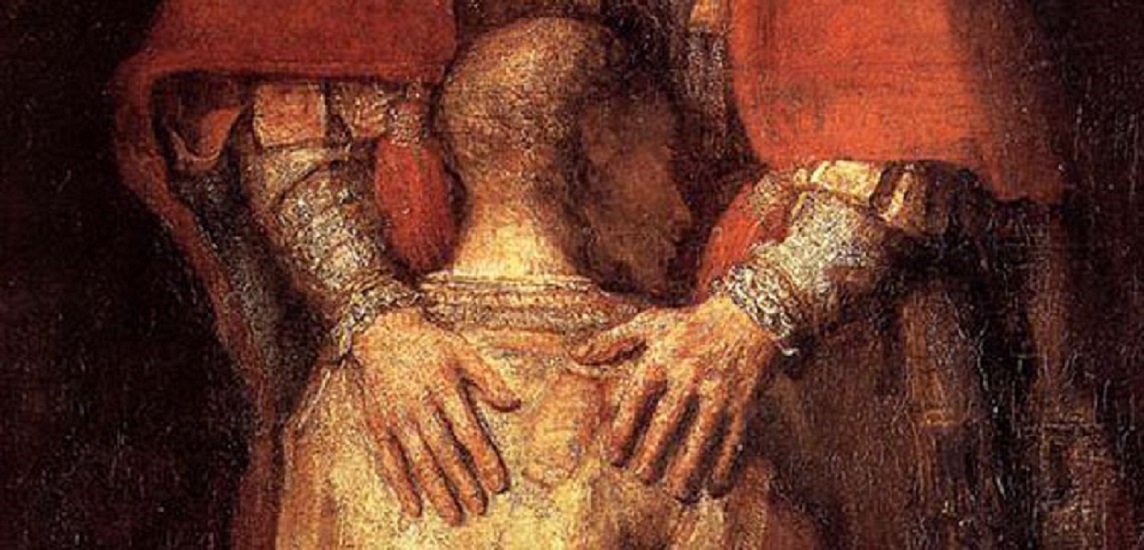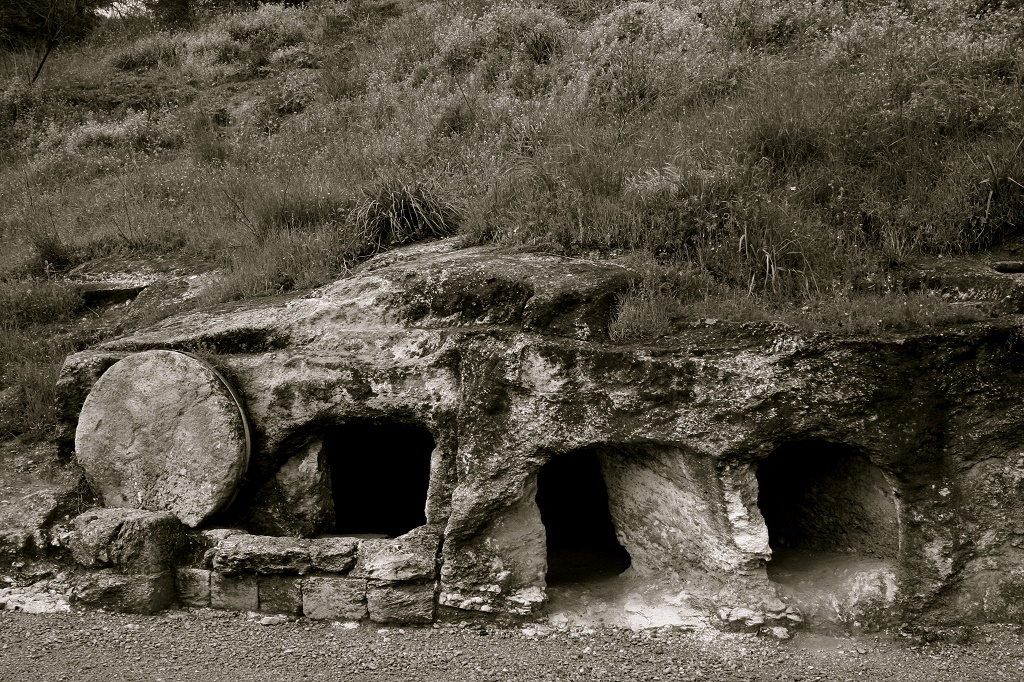With the celebration of Palm Sunday, we enter Holy Week. Hopefully, this will be a time of peace, reflection, penance and prayer for all Christians. Here are 10 quotes for you to ponder as we prepare for the Passion of Christ.
- We give glory to You, Lord, who raised up Your cross to span the jaws of death like a bridge by which souls might pass from the region of the dead to the land of the living. We give glory to You who put on the body of a single mortal man and made it the source of life for every other mortal man. – St. Ephrem of Edessa
- Ultimately, in the battle against lies and violence, truth and love have no other weapon than the witness of suffering. – Pope Emeritus Benedict XVI
- Do you realize that Jesus is there in the tabernacle expressly for you – for you alone? He burns with the desire to come into your heart. – St. Therese’ of Lisieux
- Be assured of God’s love for you. Seek by his grace to heal the damage of sin. Seek communion with him and with those who make up his Church and those who are not yet within. His love for all of us is unconditional. His joy is infinite. His mercy overflows. – Deacon Michael Bickerstaff
- The washing of the feet and the sacrament of the Eucharist: two expressions of one and the same mystery of love entrusted to the disciples, so that, Jesus says, “as I have done… so also must you do” (Jn 13: 15). – St. John Paul II
- “We adore you and we bless you, Lord Jesus Christ, here and in all the churches which are in the whole world, because by your holy cross you have redeemed the world.” – Stations of the Cross
- Through the stark and solemn Liturgy of the Friday we call “Good”, we stand at the Altar of the Cross where heaven is rejoined to earth and earth to heaven, along with the Mother of the Lord. We enter into the moment that forever changed – and still changes – all human History, the great self gift of the Son of God who did for us what we could never do for ourselves by in the words of the ancient Exultet, “trampling on death by death”. We wait at the tomb and witness the Glory of the Resurrection and the beginning of the New Creation. – Deacon Keith Fournier
- The Cross is the word through which God has responded to evil in the world. Sometimes it may seem as though God does not react to evil, as if he is silent. And yet, God has spoken, he has replied, and his answer is the Cross of Christ: a word which is love, mercy, forgiveness. It is also reveals a judgment, namely that God, in judging us, loves us. Remember this: God, in judging us, loves us. If I embrace his love then I am saved, if I refuse it, then I am condemned, not by him, but my own self, because God never condemns, he only loves and saves. – Pope Francis
- No pain, no palm; no thorns, no throne; no gall, no glory; no cross, no crown. – William Penn
- Awake, thou wintry earth – Fling off thy sadness! Fair vernal flowers, laugh forth Your ancient gladness! – Thomas Blackburn, “An Easter Hymn”

